 |
 |
 |
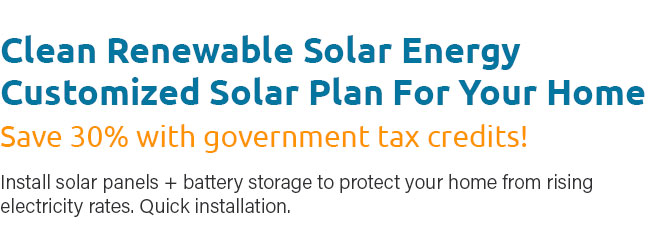 |
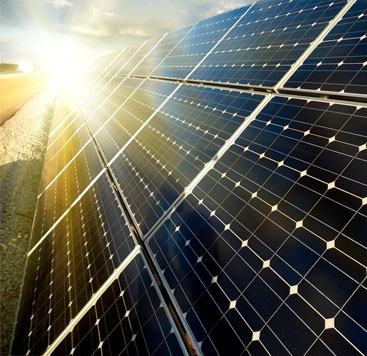 |
 |
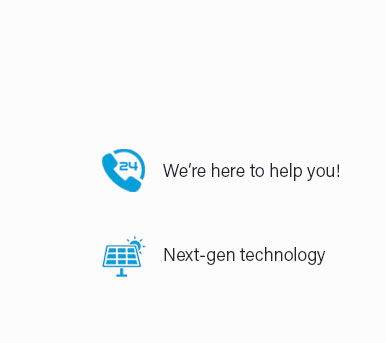 |
 |
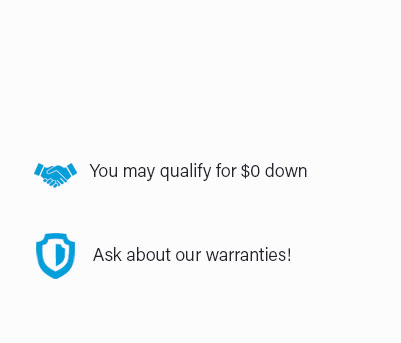 |
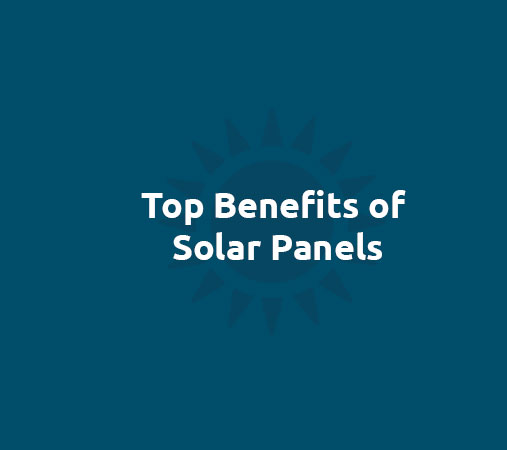 |
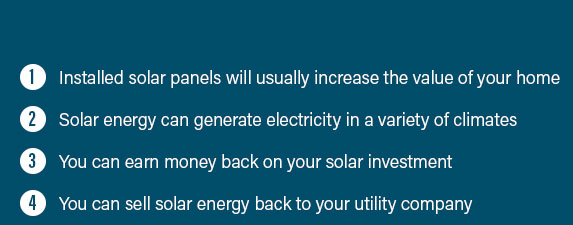 |
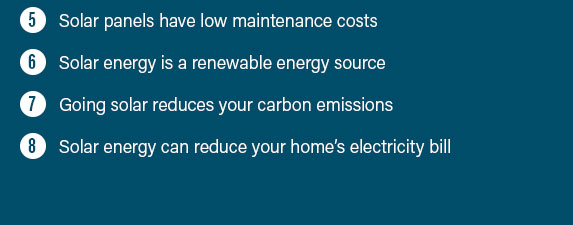 |
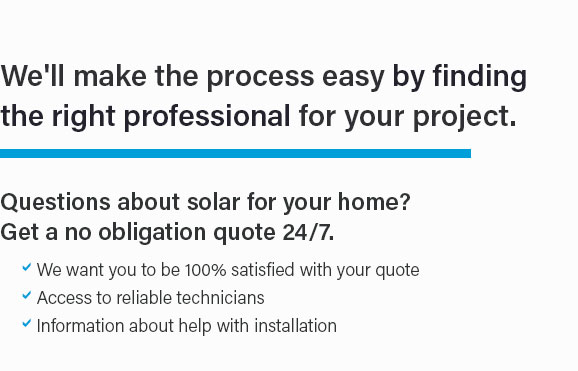 |
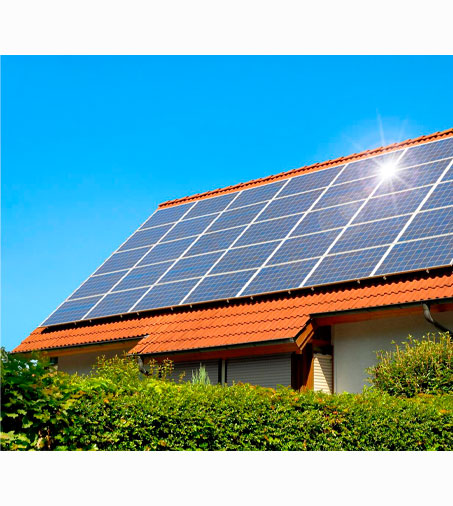 |
|
 |
 |
 |
|
Unlock the power of the sun with our unbeatable solar panel installation quotes and find out exactly how much it costs to bring sustainable energy to your home-experience unparalleled transparency and expertise from the industry's leading professionals who are committed to transforming your energy future with precision, efficiency, and a personal touch that sets us apart from the rest; discover the true value of solar investment today and take the first step towards a brighter, cleaner tomorrow.
https://www.cnet.com/home/energy-and-utilities/how-much-solar-panels-cost-in-new-york/
Factors affecting solar panel price in New York. So why are solar system costs so variable? Mostly because each solar installation is designed ... https://www.solarreviews.com/solar-panel-cost/new-york
Solar panel installation cost in New York by system size in 2025 ; 4kW. $3.96. $11,088 ; 5kW. $3.66. $12,810 ; 6kW. $3.46. $14,532 ; 7kW. $3.32. $16,268. https://www.fixr.com/costs/solar-panel-installation-new-jersey
The state average cost to install solar panels in New Jersey is $12,780 to $16,980, with most homeowners paying $14,880 for a 6kW system using monocrystalline ...
|